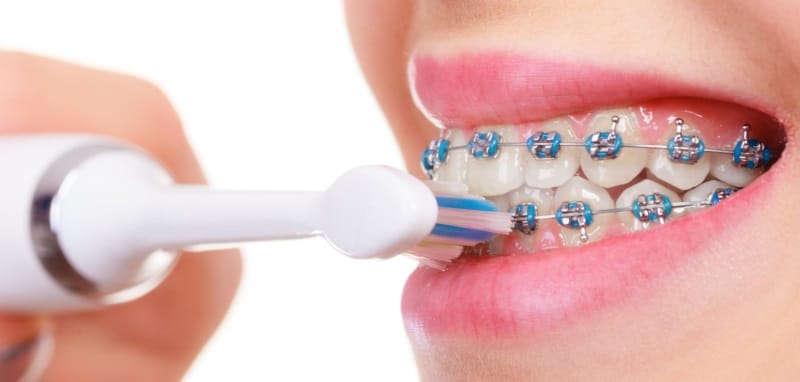Tips to look for while choosing best toothbrush for braces

Are you wearing braces and struggling to find the perfect toothbrush for your oral hygiene routine? With so many options available on the market, it can be overwhelming to choose the right one. But fear not! In this blog post, we will guide you through everything you need to know about selecting the best toothbrush for braces.
Different types of toothbrush for braces
When it comes to choosing a Elektrische Schallzahnbürste (electric sonic toothbrush) for braces, there are various types available on the market. The most common ones include manual, electric or sonic, and interdentally brushes.
Ultimately, the type of brush you choose depends on personal preference and budget constraints. However, opting for a soft-bristled brush that can access difficult areas should be your top priority while selecting a brush suitable for braces maintenance routine.
How to brush your teeth with braces
Brushing your teeth with braces can be a bit tricky, but it’s important to keep up with good oral hygiene in order to prevent plaque buildup and tooth decay. Here are some tips on how to brush your teeth effectively while wearing braces:
Firstly, you’ll want to start by rinsing your mouth thoroughly with water. This will help remove any loose food particles that may be stuck between the brackets and wires of your braces.
Next, apply toothpaste onto the bristles of your beste zahnbürste für feste zahnspange (best toothbrush for braces). Be sure to use a soft-bristled brush that won’t damage or scratch the surface of your brackets.
Hold the toothbrush at a 45-degree angle against the gum line and gently brush back-and-forth using circular motions. Pay special attention around each bracket and wire as these areas tend to collect more plaque.
Tips for choosing the best toothbrush for braces
When it comes to choosing the best toothbrush for braces, there are a few tips that can help you make an informed decision. Here are some things to keep in mind:
1. Look for soft bristles – Braces can be delicate, so using a brush with hard bristles may cause damage or discomfort. Soft bristles are gentler on both your teeth and braces.
2. Choose a small head – A smaller brush head will allow you to reach tight spaces between brackets and wires more easily.
3. Consider an electric toothbrush – Electric toothbrushes can be particularly helpful for those with braces, as they provide consistent pressure and motion without requiring as much effort from the user.
4. Check for compatibility with accessories – If you use interdentally brushes or other cleaning tools along with your regular toothbrush, check if they fit together well before purchasing.
5. Don’t forget about grip comfort – Holding onto a comfortable handle is important when brushing thoroughly and regularly over extended periods of time.
The Different Types of Water Flossers
One type of water flosser is the countertop model. These units are larger and more powerful than other types of water flosses, which make them ideal for people with gum disease or other oral health issues. They typically come with multiple tips and settings, allowing users to customize their flossing experience.
Another option is the cordless Munddusche (water flosser). These models are smaller and more portable than countertop units, making them perfect for travel or use on-the-go.
Conclusion
Choosing the right toothbrush for your braces is crucial to maintaining good oral hygiene and keeping your braces in top condition. With so many options available, it’s important to consider the type of bristles, size of the brush head, and overall design when making a decision.
